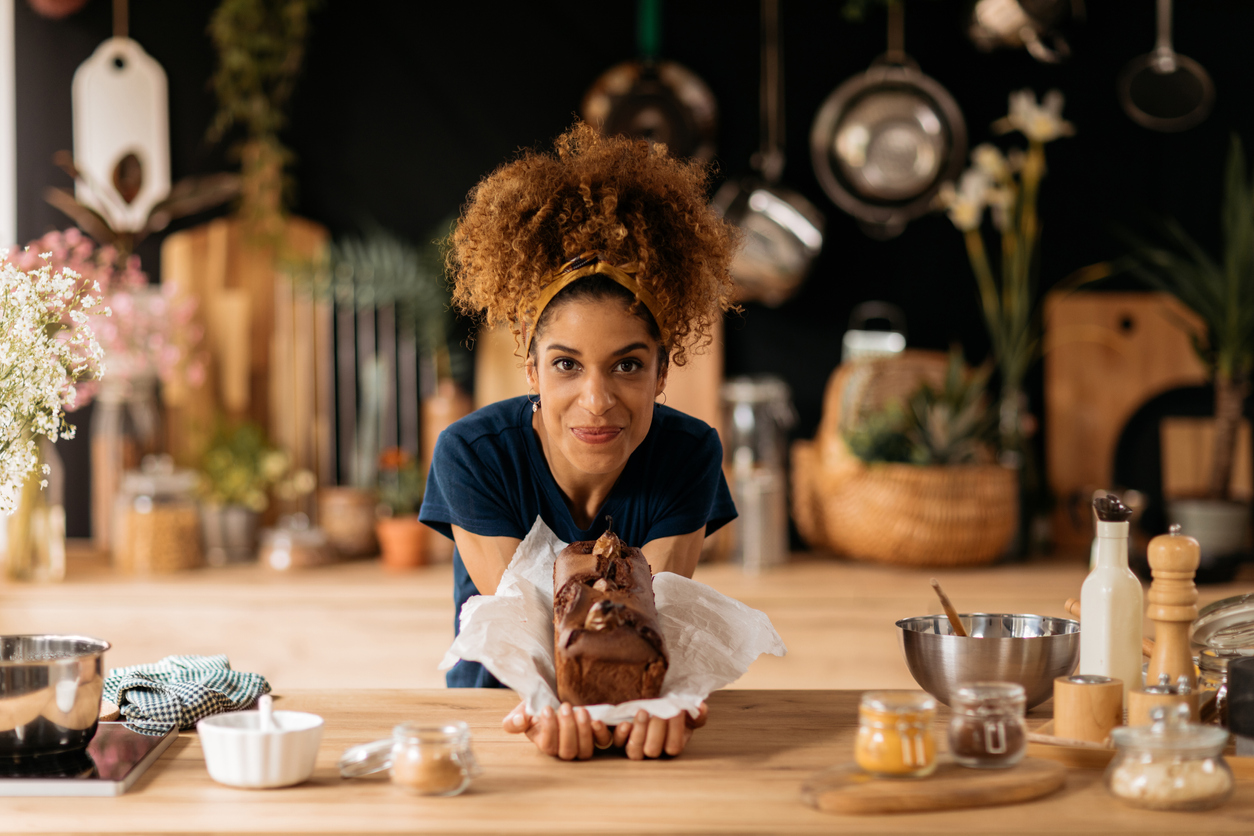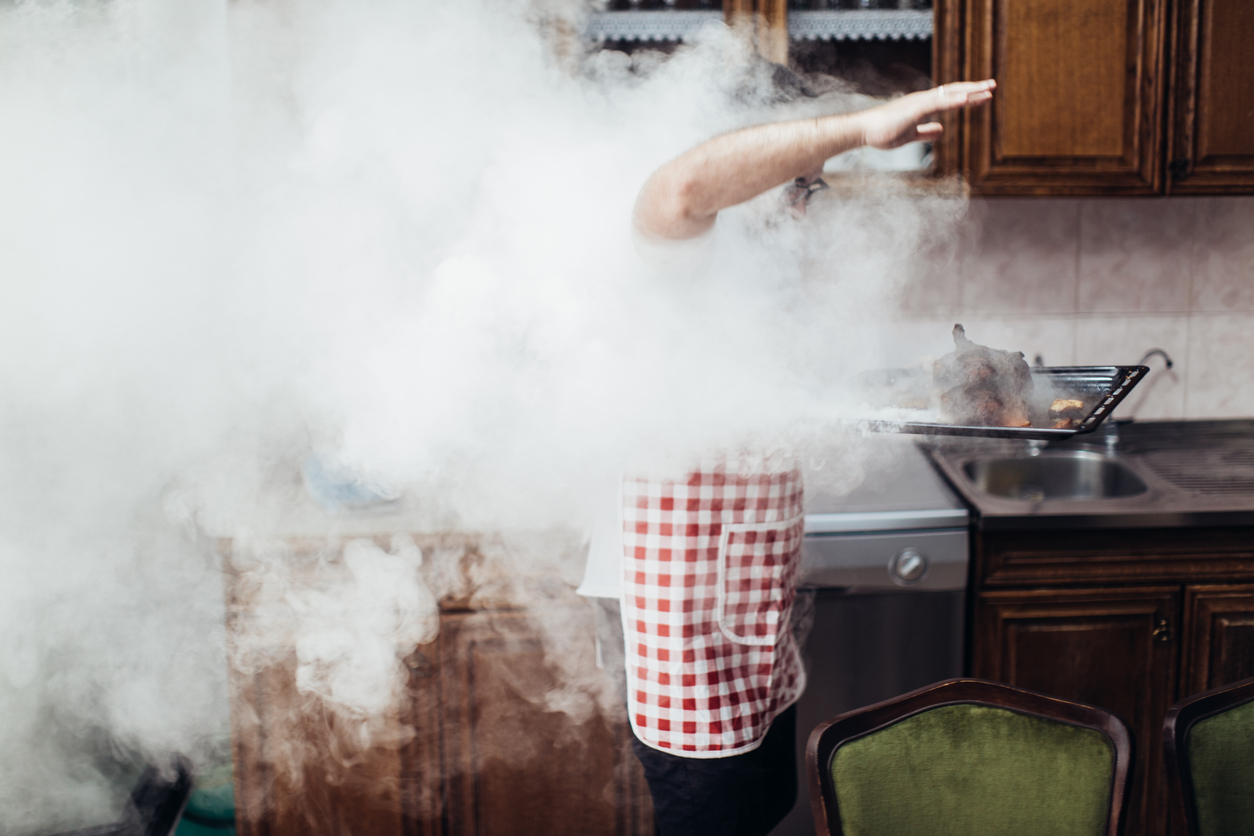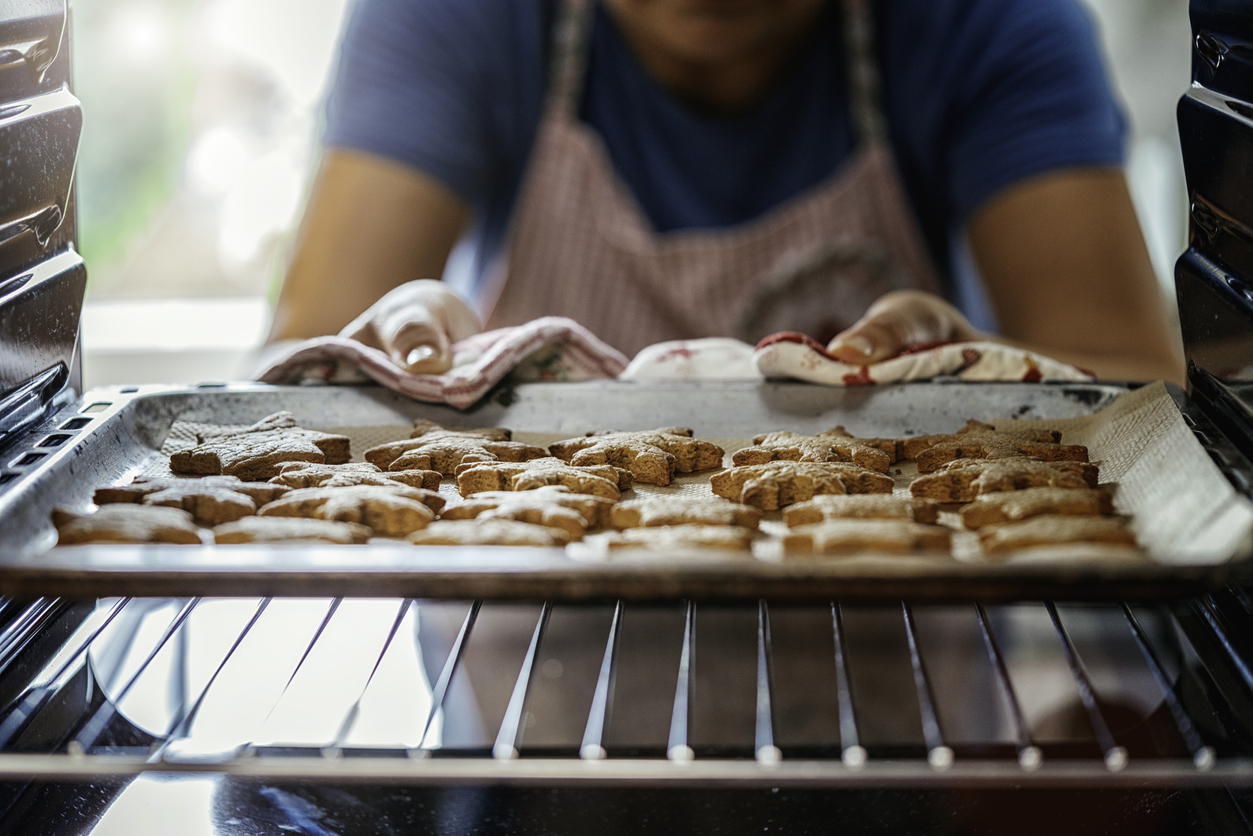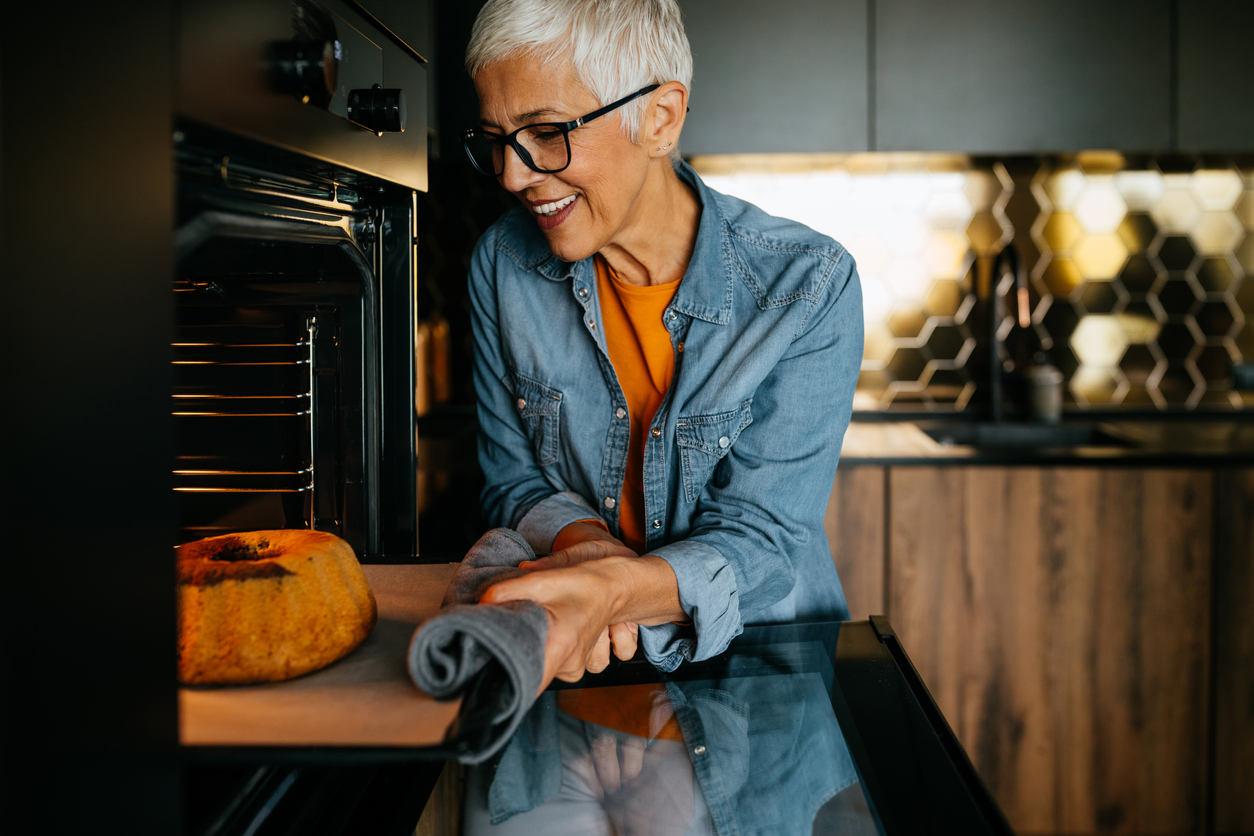
Utilize your kitchen appliances with confidence. To know how to best care for your oven and your home, you need to know a few ground rules when it comes to baking, broiling, and making dinner. We’ve all been there; as a teenager, venturing into bravery and deciding to make out first meal while no one’s home.
Kitchen independence leads to further confidence in future culinary skills, but it's easy to feel overwhelmed knowing the best oven practices. We’ll also dare to say a few of us have had those freak accidents where we’re calling 911 because our pizza is now a bonfire.
We’ll outline which materials are oven-safe and which are not in our guide to give you confidence when it comes to cooking.
Which Materials Can I Use in an Oven?
Different kitchen papers and materials are used when you’re cooking dinner or baking a cake. So, can you put wax paper in the oven? Let’s find out.
Non-Oven-Safe Materials
Before knowing which materials, you can put in an oven while cooking, let’s go through a few to avoid for optimum cooking safety.

Q: Can I put wax paper in the oven?
The simple and easy answer to if you can put wax paper in the oven is no. But there is more to it than that. Wax can only withstand a certain amount of heat, and depending on what you’re baking, you may feel you need wax paper. But there are simple substitutes you can use instead.
Rather than letting your cookies seal to the bottom of your pan, use parchment paper. Parchment can withstand higher heat temperatures than wax and gets the same job done. The answer to ‘can parchment paper go in the oven?’ is yes. But, if you can’t find any parchment paper around, use butter or oil to coat the bottom of your tray.
Q: Can you put a pan in the oven? Can I put any pan in the oven?
Can you put wax paper in the oven is a great first question, but there are other important materials to ask about as well. You cannot pull willy-nilly from your cabinets and stick a pan in the oven. Some pans have plastic coats or are non-stick, which means that not every pan is oven safe.
So, how can you tell if a pan is oven-safe? Most ceramic and metal frying pans are safe to put in an oven, but if you want to be extra safe, double-check what type of materials it’s made from. For example, stainless steel, cast iron, and copper pans are all materials that are oven safe. While anything with plastic or many non-stick pans is not.
Many frying pans have a plastic coating on their handle. It may be able to withstand the heat of your stovetop, but if it’s fully submerged in your oven, it will melt. This can cause a lot of damage to not only your oven and pan but to your home’s air quality.
The reason you don’t want to put non-stick pans in an oven is due to their ability to retain heat. Depending on what you’re cooking and the type of oven you have, the non-stick coating can melt off. Most types of pans can withstand a temperature of upward of 500 degrees Fahrenheit. But anything past that will ruin the non-stick capabilities. So, to air on the side of caution, we recommend not putting a non-stick pan in the oven often.
Q: Can you put cardboard in the oven?
We suggest you do not put cardboard in the oven. Since cardboard is primarily a form of recycled paper, the heat from the oven could ignite the material and catch your food, oven, or even your kitchen on fire if unattended.
Even at a low temperature, cardboard is still not advised to go in the oven. On top of spontaneous ignition, the cardboard will slow down your cooking times. So, instead of tossing your pizza in the oven still attached to cardboard, go ahead, and place it on a metal baking sheet.
The only caveat is if your dinner came with an oven-safe cooking tray in the packaging. Some frozen foods will provide this option, and in that case, it may be okay. Although, our experts still recommend not using cardboard in the oven.
Oven-Safe Materials
Don’t fret; there are common household materials that are oven-safe.

Q: Can you put plates in the oven? Can you put a paper plate in the oven?
Plates can be put in the oven if they’re oven-safe. It depends on the materials of your dishes, too. Typically, if your containers are made out of glass, ceramic, or cast iron, they’re good to go in the oven. If you want to heat up your dinner quickly and easily without drying it out, put your plates in the oven for 15 minutes, from 150 to 190 degrees Fahrenheit.
Q: Can aluminum foil go in the oven?
Aluminum foil is a great option when it comes to cooking or baking. The material keeps foods from sticking to the pan and instantly cools once pulled from the oven. So, the simple answer is yes, aluminum is a great option when needing to bake something in the oven.
Q: Can you put glass in the oven?
You can put glass in the oven if it’s oven-safe. What we mean by that is it has the symbol identifying it as such. But, before you shove your grandmother’s antique glass container into the oven, check for any previous cracks in the vessel. Even though it says it’s safe for the oven, the heat can crack it further if there’s prior damage to the container. This will leave you with pieces to pick up from the bottom of your oven.
Also, keep in mind that many oven-safe glass dishes do have a temperature limit and should be labeled near that symbol. You want to make sure not to exceed the degrees, or else it could shatter. Lastly, glass doesn’t enjoy quick degree changes, so maybe pull the dish out of the fridge a few minutes before you need to heat it up.
Q: Can Pyrex go in the oven?
Pyrex is specifically made to be versatile in every function. So, yes, Pyrex can go in the oven. On top of storing, preparing, baking, and reheating, you can also put your Pyrex glassware in the oven.
How to Know if Something is Oven Safe?
There will be a symbol that marks if what you’re using is oven safe or not. It will be on the bottom of the pan or on the box of material. If your glass dishes do have the emblem for oven safety, then that means they’re safe to use and can withstand high oven temperatures without cracking or breaking.

If you can’t find the emblem, or it may have been buffed off, consider the material your plate is made of. Enameled cookware and pans coated in ceramic are typically oven-safe up to 500 degrees Fahrenheit and okay to use.
If the cookware has any plastic on it, it is not oven-safe. On top of the plastic melting and potentially causing a fire, the plastic will leave a lingering smell in your kitchen for weeks to come.
To avoid damage to your cookware, we suggest reading the manual it came with. This will give you the temperature floor it can reach and if it’s oven-safe or not.
Why Trust Us?
Locally owned and operated since 1988, East Coast Appliance is the largest independent appliance dealer in Virginia. We sell it ALL — from new name-brand appliances to scratch-and-dent appliances to our very own refurbished appliances. Aside from our vast selection of every major brand and everyday low prices, what sets us apart from our competitors is that we service what we sell and that we are locally owned and operated with factory-trained associates. And if you’re a local, great news: East Coast Appliance is committed to providing the absolute lowest prices on the same available brand and model — simply bring in the ad of the local retail competitor while the lower price is in effect, and you'll receive your price match.
Discover East Coast Appliances Discounts
There is a reason we are dubbed “The Discount King” — for unbeatable deals, shop East Coast online at East Coast Appliance. Our friendly associates are always happy to help know the best kitchen practices, whether you call us or use our online chat feature. Better yet, stop by one of our showrooms to see why we are the best appliance store in Virginia. Visit us today!
Learn More: Wall Ovens 101: 10 Best Wall Ovens + Buying Guide
